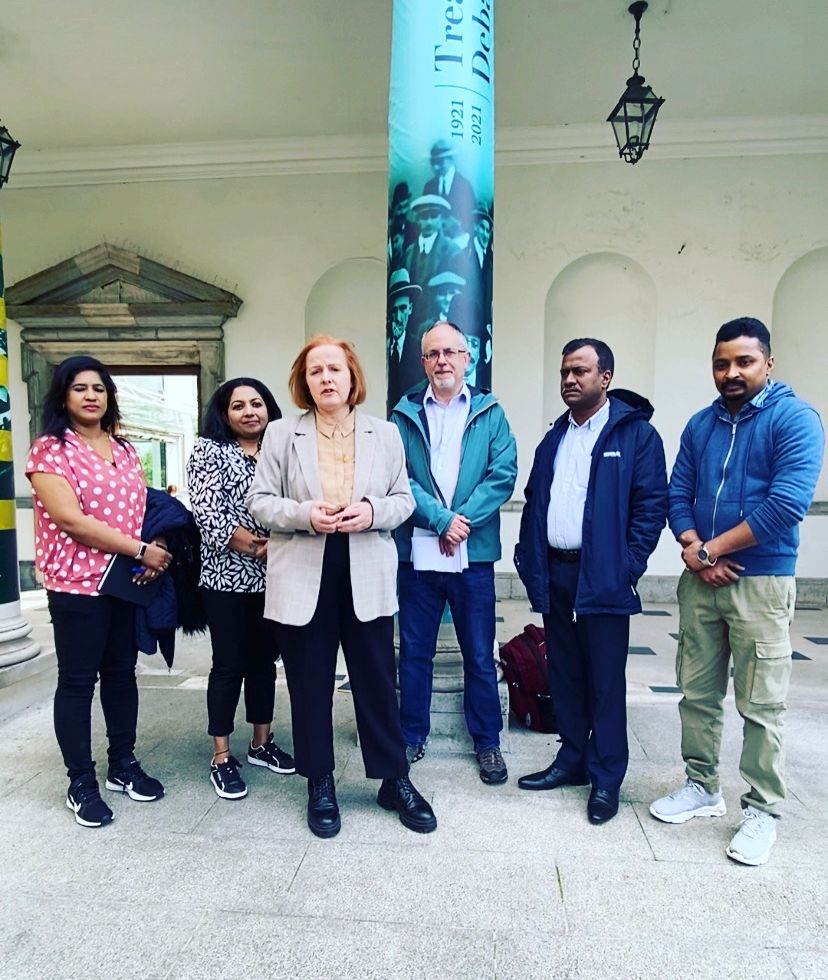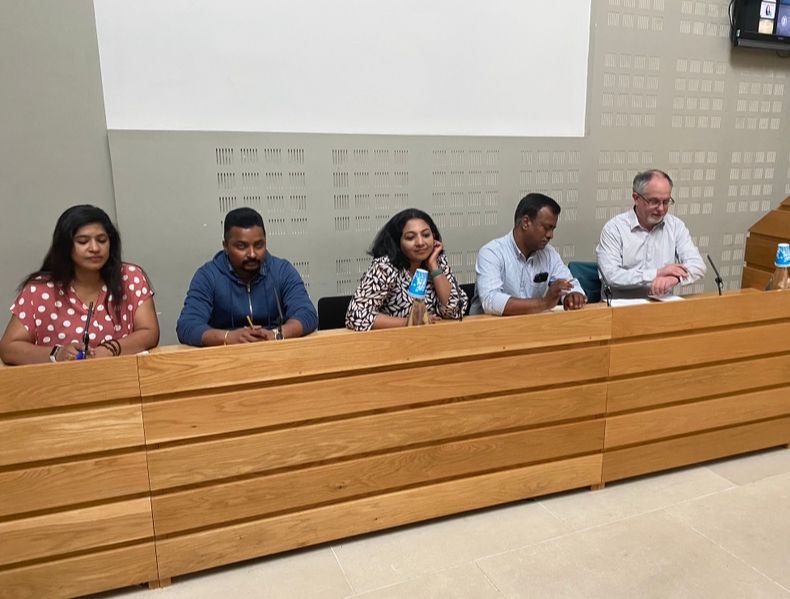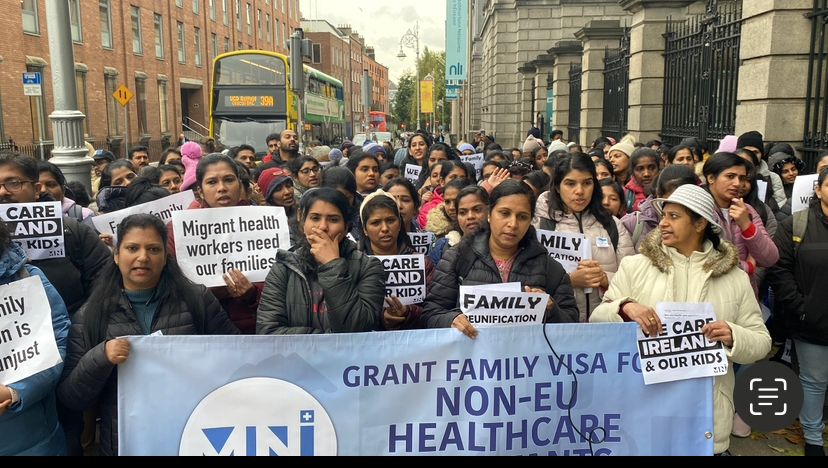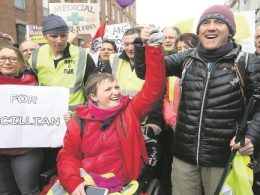By Ruth Coppinger
When we fight, we can win! That’s the conclusion we should draw from the official announcement of an increase in the minimum salary of healthcare assistants (HCAs) to €30,000, bringing those employed under work permits to the threshold for bringing close family members to live while they work here.
This follows months of campaigning by Migrant Nurses Ireland (MNI), who took up the cause of migrant nurses recruited to work here as HCAs in private nursing homes.
While we are seeking clarification on the details and to ensure it applies in the ways asked for, the Minister states, “healthcare assistants and home carers salary requirement will increase from €27,000 …to €30,000 in January 2024, bringing them in line with family reunification thresholds”. The full statement can be read here.
Migrant Nurses Ireland deserve huge congratulations for winning important and humane changes to the work permit scheme, as do the workers themselves who put their heads above the parapet to make their case. But it should be noted that these migrant workers have effectively pushed up the pay significantly for the whole sector for ALL HCAs and home helps, showing migrant workers are a huge addition to the labour movement.
I’m also proud of the vital role played by Socialist Party members in assisting the workers. It’s worth documenting because victories for workers are few and far between right now.

Following the issue being raised with me in March by nurses I know, a Zoom meeting was set up with participation by MNI, myself and Mick Barry TD and attended by 300 of the migrant health workers affected. We heard harrowing accounts of parents and mothers separated from their children and the mental health impact of this forced separation while doing stressful and essential work caring for our older people in private nursing homes (of which the majority are in Ireland.)
This meeting decided to organise a Dail and media briefing as a first step to putting pressure on the government to raise wages to the family reunification threshold. Other issues, such as training recognition and costs, were also raised, which were subsequently successfully challenged.
A successful Dáil briefing took place in May hosted by Mick Barry TD and attended by myself, where workers outlined their case and won support from a range of TDs and senators. Mick ensured this injustice, and the demands of the workers were highlighted in several Dáil speeches and debates.

A follow-up meeting with the Ceann Comhairle was organised, and a Review of work permit schemes followed.
When no decision was forthcoming in October, a protest was organised by MNI where hundreds of mainly women workers from private nursing homes around the country mobilised to put pressure on the government. This was the first protest of its kind by migrant workers from all around the country.
Great credit goes to the workers, mainly migrant nurses from India, as well as the Philippines and Pakistan.
These workers and MNI — a voluntary group who fought this in their own time — have shown how important gains can be won in areas of labour shortage. The minister’s statement was a recognition that many of these healthcare workers were leaving to work in countries where they could bring their families and which also didn’t have Ireland’s dire housing shortage.
This is a lesson on what could be done to address the teacher shortage, nurses, building workers, etc. We will fight on alongside these workers until the reforms are fully carried through and apply to all.












